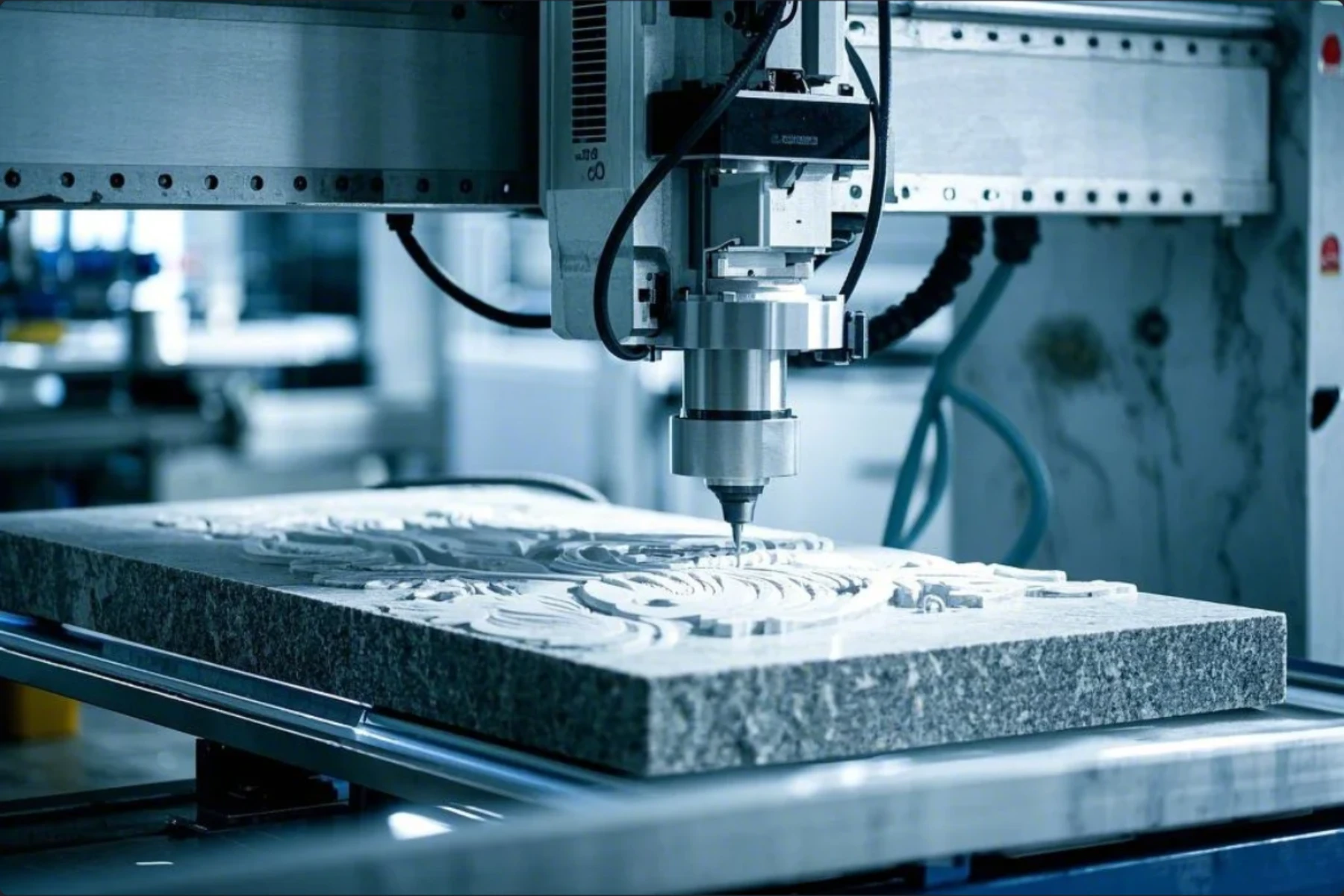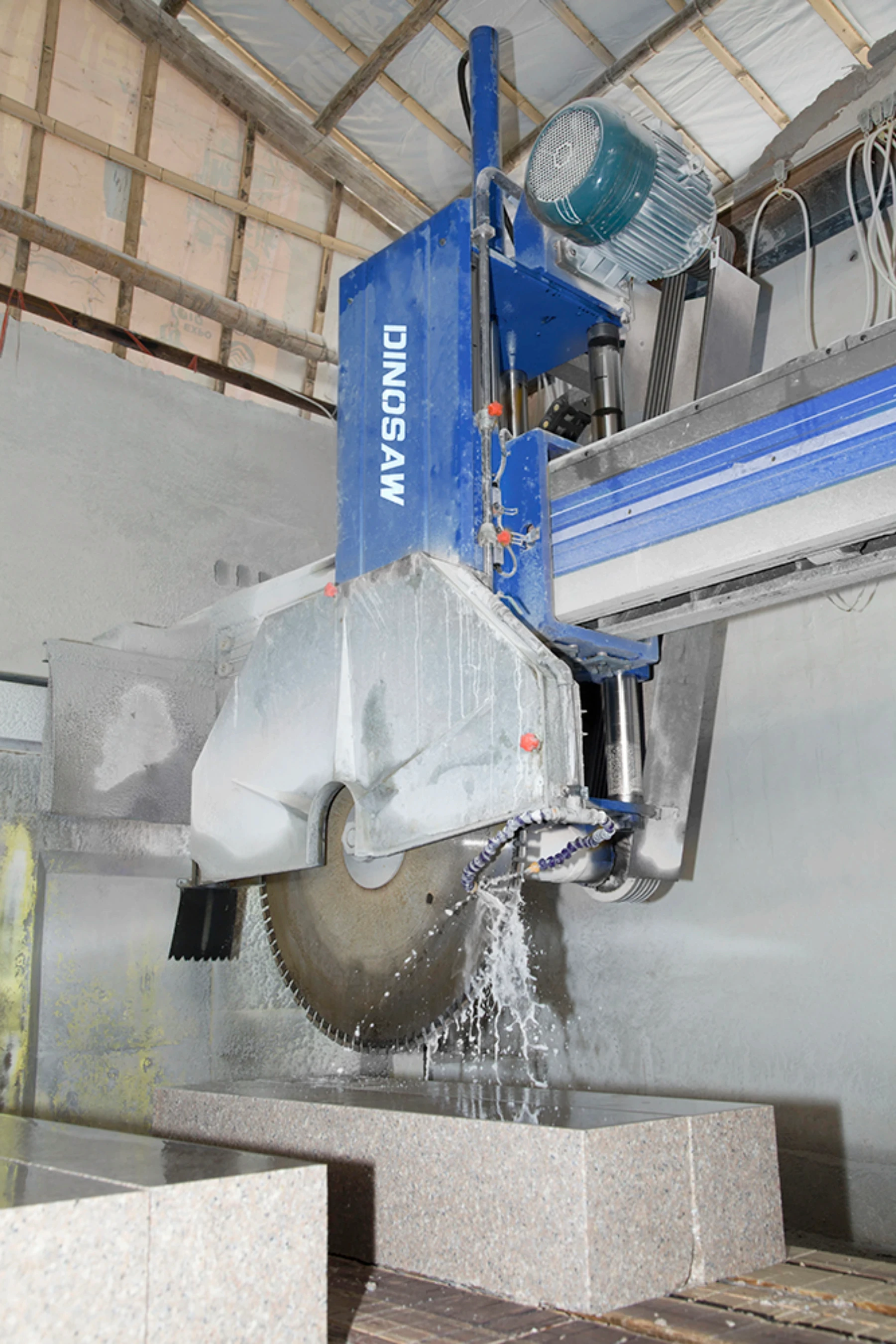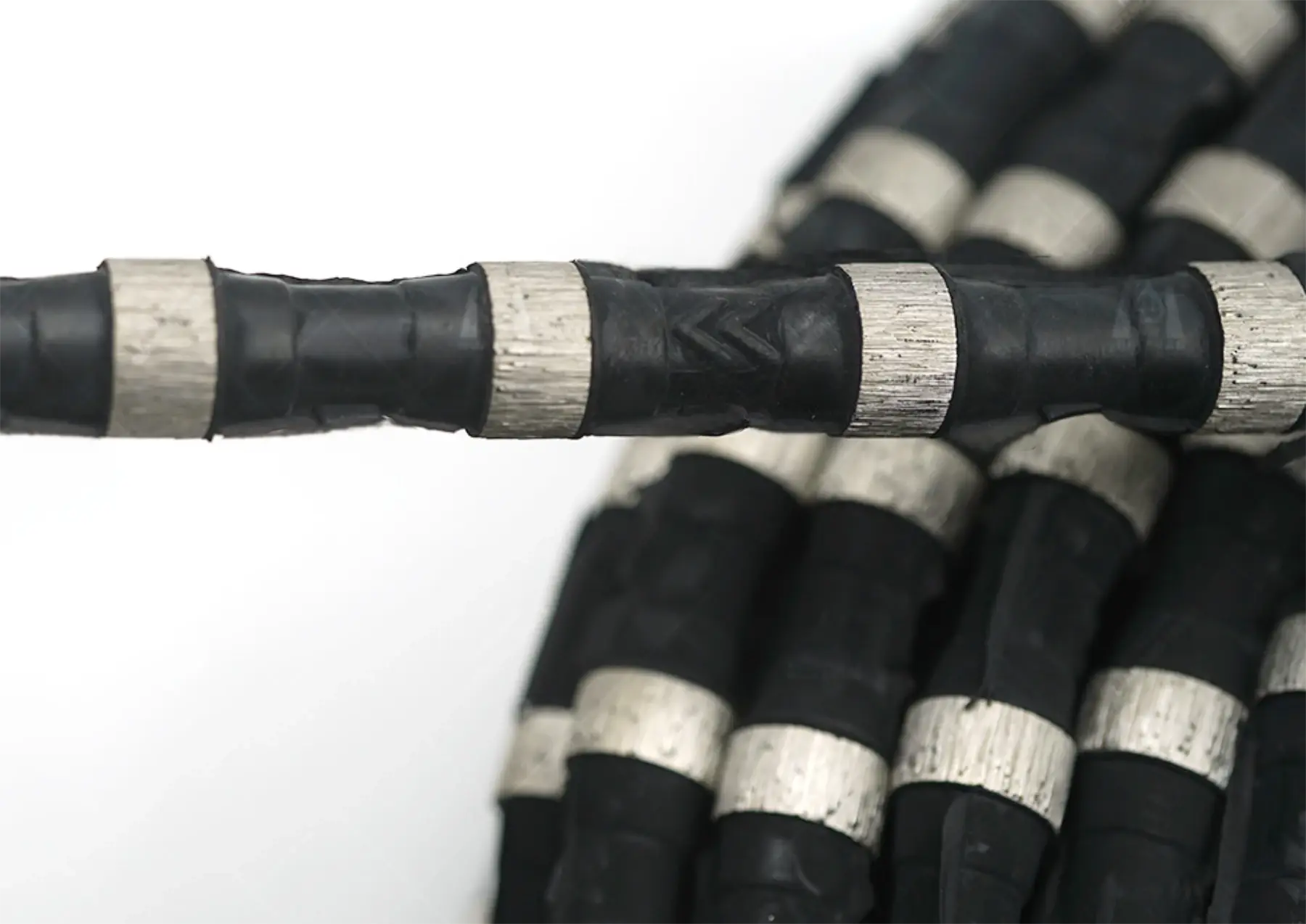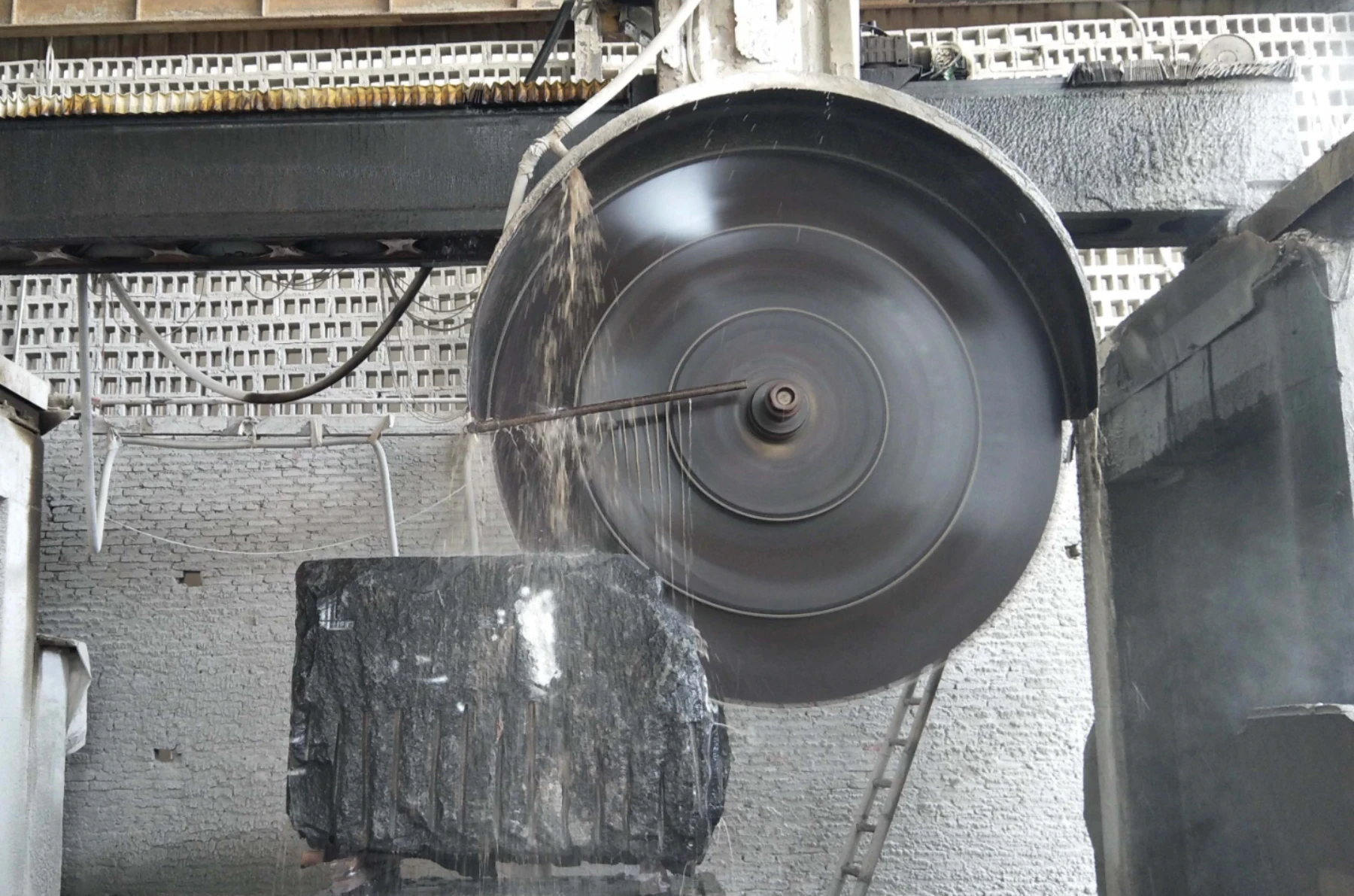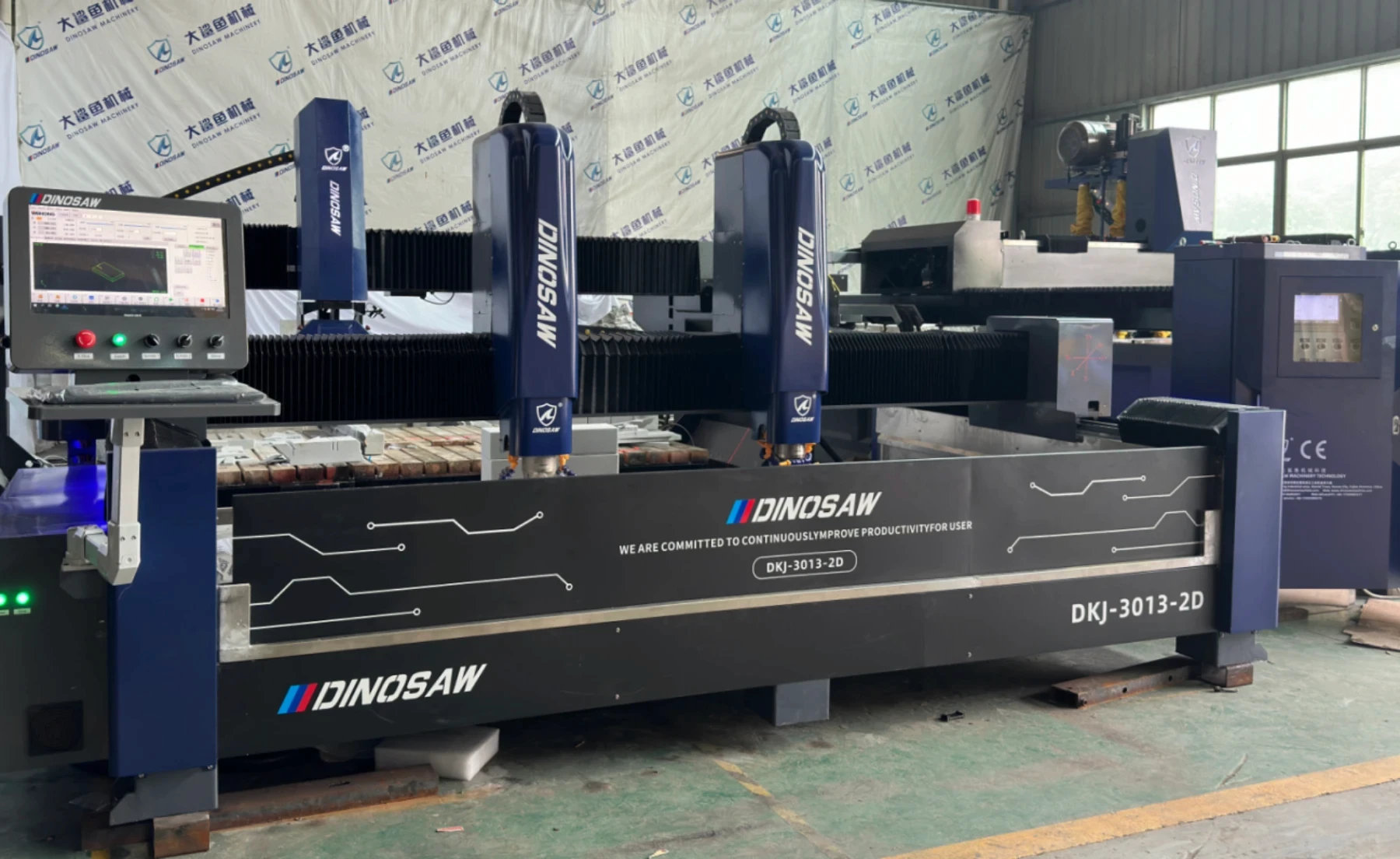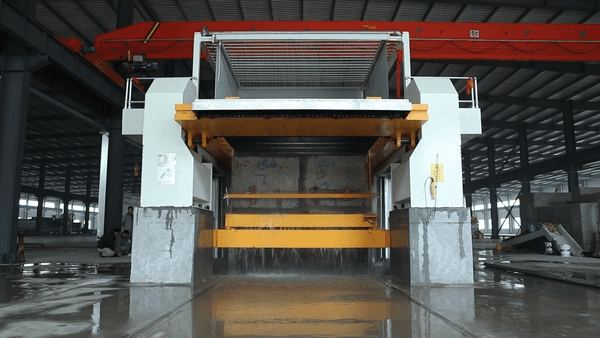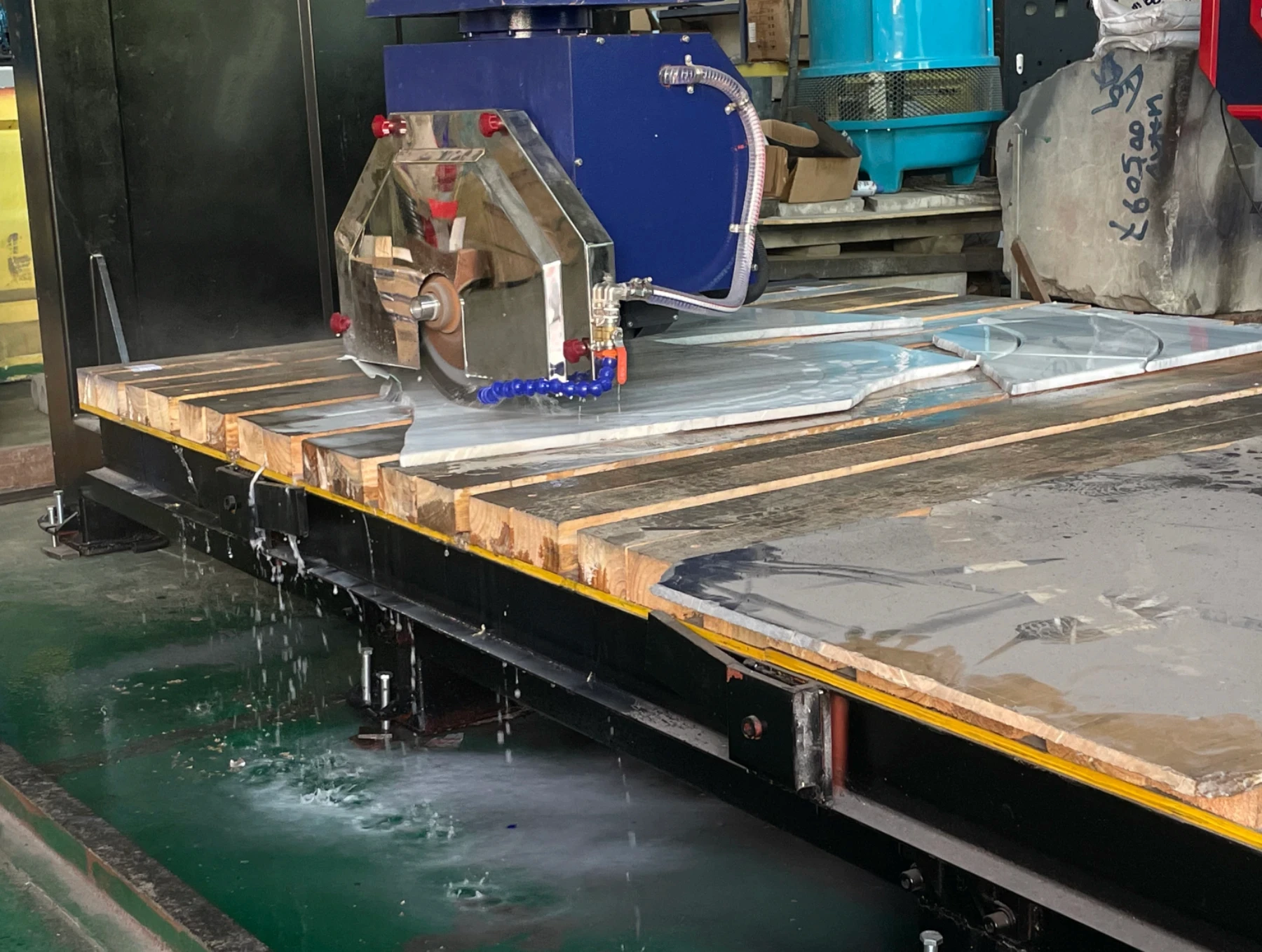
Diamond Blade: Precision and Power for Cutting Challenges
Every material poses unique demands. Hard granite requires blades that resist abrasion, while fragile ceramics need precision to prevent chipping. Matching the right blade to your material and operation is critical for efficiency, safety, and cost control.

Common diamond blades pain points:
Premature blade wear in high-silica concrete cutting.
Edge chipping during marble slab processing.
Overheating in dry-cutting applications.
Mismatched blade performance across different machinery.

Ready to tackle any cutting task? Whether you're seeking a diamond blade for your grinder or a concrete blade for your circular saw, DINOSAW has got you covered!
We design our blades for precision, power, and durability, ensuring optimal performance every time.
Contact DINOSAW now and discover the perfect cutting solution!
Material-Specific Diamond Saw Blade Solutions
The right diamond blade is critical for your project. You need the right blade for the job.
A concrete cutting blade works for slabs. A diamond tile blade is best for delicate porcelain. The material you use affects the blade's design.
Blades for Natural Stone

Granite Cutting Blades
Blade Type
High-frequency welded segmented blades
Key Features
Medium grit (30/40 mesh) diamonds for aggressive material removal.
Cobalt-bonded segments for heat resistance during wet cutting.
Wide gullets to flush abrasive granite dust and prevent blade glazing.
Pro Tip
For high-silica granite, use blades with hybrid bonds to balance speed and durability

Marble Cutting Blades
Blade Type
Laser-welded continuous rim blades
Key Features
Fine grit (50/60 mesh) diamonds for polished edges.
Copper-bonded segments for rapid cutting in soft stone.
Anti-vibration cores (e.g., Alpha Silencer III) to reduce noise during bridge saw operations
Blades for Engineered Stone

Dekton Cutting Blades
Material Challenge
Extreme hardness (Mohs 8–9) and brittleness.
Blade Type
Vacuum-brazed ultra-thin blades or laser-engineered continuous rim blades
Key Features
DINOSAW Speed Blade: Made for fully sintered ceramics like Dekton. It has narrow segments (1.5–2.0 mm kerf) to stop edge chipping.
Nickel-SPIKY-Diamond coating for enhanced heat dissipation.
Wet cutting mandatory to avoid micro-cracks; water flow ≥8 L/min.

Quartz Cutting Blades
Material Challenge
High resin content (7–10%) causes blade gumming.
Blade Type
Turbo-rim blades with alternating segments
Key Features
Medium-fine grit (40/50 mesh) diamonds to cut quartz crystals without tearing resin.
Electroplated segments for smooth, chip-free edge.
Dry cutting permitted but wet cutting preferred for dust suppression.
Blades for Construction & Demolition

Cement/Concrete Saw Blades
Blade Type
Laser-engineered wave-segment blades
Key Features
High diamond concentration (60–75%) in iron-based bonds for rebar-heavy concrete.
Turbo rim design for rapid debris evacuation in dry cutting

Asphalt Cutting Blades
Blade Type
High-frequency welded blades with wide-spaced teeth
Key Features
Soft bronze bonds to prevent bitumen adhesion.
50Mn2V steel cores to absorb shock from mobile saws

Bricks Cutting Blades
Material Challenge
Abrasive clay composition accelerates wear.
Blade Type
Segmented blades with soft bonds
Key Features
Medium grit (20/30 mesh) diamonds for fast cutting in soft clay bricks.
Segmented design to clear sticky clay debris.
Dry cutting acceptable for small jobs; wet cutting extends blade life 2–3x.
Specialty Materials

Ceramic/Porcelain Tiles Blades
Ultra-thin vacuum-brazed blades (1–2 mm thickness) with 80/100 mesh diamonds minimize kerf loss.
Anti-chipping designs protect delicate edges.

Aluminum/Mental Blades
Blade Type
Brazed trapezoidal teeth with negative rake angles
Key Features
Carbide-tipped segments to reduce burrs.
Dry cutting only; coolant attracts aluminum particles, causing blade loading.
Key Factors Influencing Diamond Blade Performance

Segment Bond Types
Soft Bonds (Copper-Based)
Ideal for soft materials (marble, limestone): Fast cutting but shorter lifespan.
Hard Bonds (Cobalt-Based)
Built for granite and quartz: Slower cutting but 3x longer service life.
Hybrid Bonds
Balance speed and durability for mixed-material jobs (e.g., concrete with rebar).

Welding Methods
High-Frequency Welding
Cost-effective for general-purpose blades (300–800 mm). Avoid for high-temp dry-cutting.
Laser Welding
Superior joint strength for demanding applications (e.g., diamond core bits). Blades withstand 300°C+ temperatures.
Vacuum Brazing
No welding marks, perfect for ultra-thin blades (<1.6 mm). Limited to diameters under 350 mm.

Blade Core (Plate) Materials
65Mn Steel
Budget-friendly for intermittent use; prone to warping under heavy loads.
75Cr1 Chromium Steel
Corrosion-resistant for humid environments; 20% higher fatigue strength than standard steel.
Pro Tips for Maximizing Cutting Blade Operation

Pre-Installation Checks
Verify blade diameter and arbor size compatibility.
Inspect for shipping damage (cracks, bent plates).
Break in new blades: Start at 50% feed speed for the first 10 cuts.

Operational Best Practices
Wet Cutting
Maintain water flow ≥5 L/min to cool segments and flush debris.
Dry Cutting
Limit continuous use to 15-minute intervals; let blades cool naturally.
Feed Speed
Concrete: 0.5–1.5 m/min
Granite: 1.0–2.0 m/min
Aluminum: 3.0–5.0 m/min

Maintenance & Safety
Store blades horizontally on racks to prevent warping.
Dress blades with silicon carbide stones when cutting speed drops by 30%.
Replace blades if segment height wears below 2 mm.

Quick Decision Checklist to Buy your Diamond Blades
Smart Buyer’s Checklist for diamond cutting blade Selection
Material Type Dictates Bond & Grit Selection
Cutting Method Determines Welding Type: Wet (HF welded) vs. dry (laser welded)
Blade Diameter Should Match Saw Capacity (max 80% of saw guard size)
Certifications Matter: EN 13236 (safety), OSHA compliance
Supplier Support Services: Technical hotline, replacement warranties
Don’t Guess—Let DINOSAW Customize Your Diamond Blade Solution!




